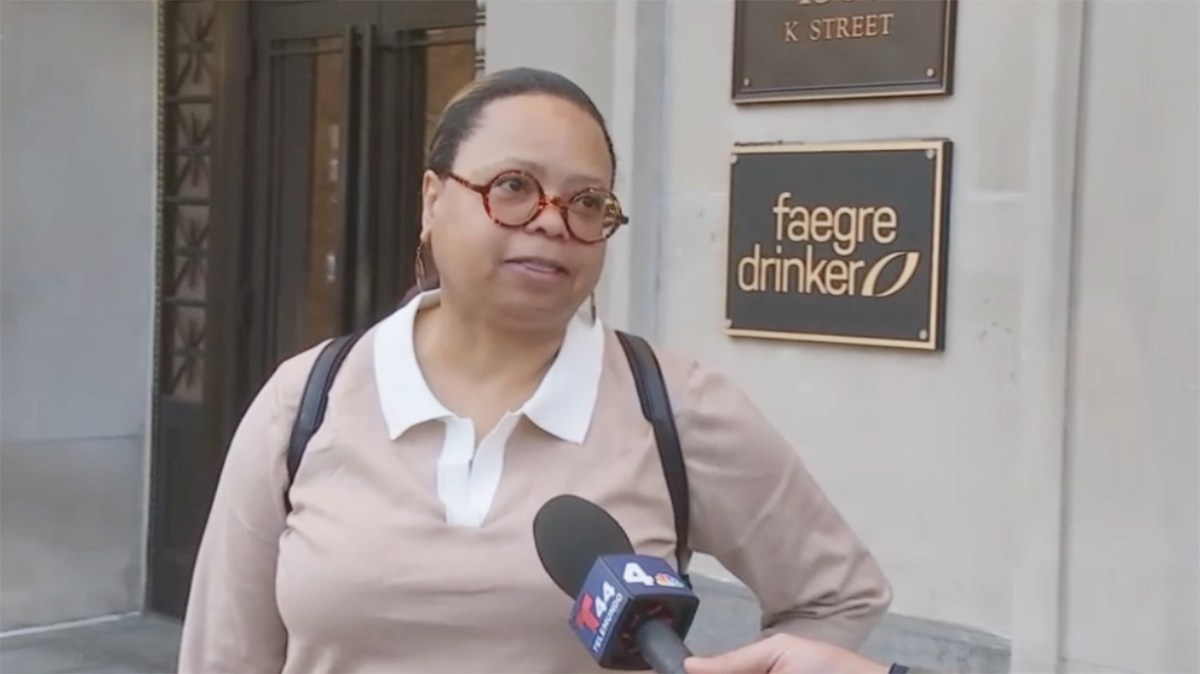An Arlington County resident tested positive for the coronavirus and is now the third person in Virginia found to have the virus, state health officials said Monday afternoon.
The patient is in their 60s and "developed fever, cough and shortness of breath after having returned from international travel," the state health department said in a statement.
Officials from the state and county are working to determine if any "close contacts" of the resident need testing or to be monitored. The larger risk to Arlington is low, officials said.
"The individual had limited contact with others while ill and the risk to the general Arlington community remains low," the statement said.
Two other people in Virginia have been diagnosed with coronavirus: a U.S. Marine who is assigned to Fort Belvoir in Fairfax County and lives at Marine Corps Base Quantico in Prince William County, and a Fairfax City resident.
The Marine "recently returned from overseas, where he was on official business," the Pentagon said in a statement Saturday evening. He started showing symptoms on Feb. 14 and returned to the U.S. several days later.
The Fairfax City resident is a man in his 80s who went on a Nile River cruise and began to develop symptoms on Feb. 28, officials said Sunday. He was hospitalized March 5.
Local
Washington, D.C., Maryland and Virginia local news, events and information
Here are the latest numbers on cases in the D.C. area.
Officials say basic precautionary measures are the best way to prevent the spread of disease. Wash your hands often for at least 20 seconds, cough and sneeze into your sleeve or a tissue, and stay home if you're sick.
Stay with News4 for more on this developing story



